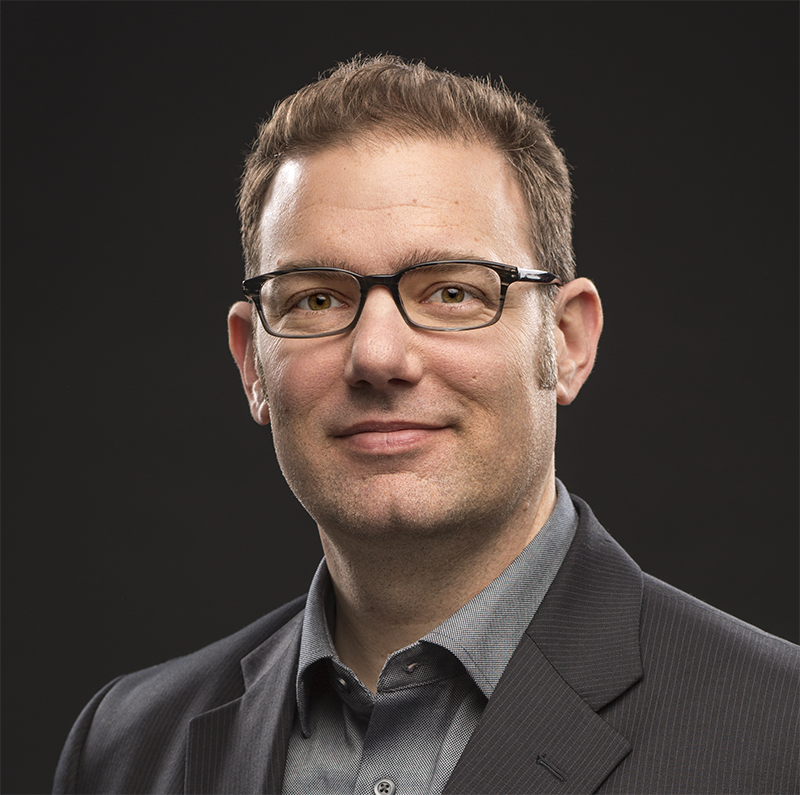Taking the Road More Travelled: Applying Enterprise Technology Best Practices to MedTech
January 23, 2024
11:00 AM – 12:00 PM

Join Cognizant and Medtronic for this timely webinar on how to learn from the experience of other industries as they look to bring in enterprise-level best practices into MedTech.
Taking the Road More Travelled: Applying Enterprise Technology Best Practices to MedTech
January 23, 2024
11:00 AM – 12:00 PM
Taking the Road More Travelled: Applying Enterprise Technology Best Practices to MedTech
January 23, 2024
11:00 AM – 12:00 PM
The MedTech industry’s efforts to deliver product excellence and improve patient outcomes have traditionally relied on optimizing internal operations and bolstering internal value chain structures. However, as medical device companies embark on a journey of digital transformation, it’s time to reorient their perspective and look more externally. Many other industries have already grappled with the challenges around applying innovative technologies to their traditional operational models. MedTech can follow suit by adopting and adapting many of these same technologies to improve their operations — AR and VR headsets to enhance field service, for example, or data analytics to predict consumer behavior. As they consider their approach, there are significant benefits for the MedTech industry to take the road more travelled and learn from the experience of other industries as they look to bring in enterprise-level best practices into MedTech.
In this discussion, Rashmi Kumar, SVP and CIO at Medtronic, and Bryan Hill, the Chief Technology Officer and Vice President, Digital Health & Innovation at Cognizant’s Life Sciences Practice, will leverage their broad, cross-industry understanding of technology adoption best practices and place them in a MedTech-specific context, lighting a path toward improved revenue potential and stakeholder experiences.
Meet the Speakers

Rashmi Kumar, SVP & CIO, Medtronic
Rashmi Kumar became Senior Vice President and Chief Information Officer for Medtronic in December 2022. Focused on operational excellence, strategic project execution, and growing IT as digital business partner, Rashmi is also very passionate about building a strong IT leadership team and helping her team members’ growth while enabling them to maximize their potential. A seasoned turnaround- and growth-oriented CIO, Rashmi has a multifunctional background and extensive ERP, cloud transformation, data analytics, operations, board-facing, and cybersecurity expertise. With more than 30 years of proven experience, Rashmi’s primary areas of focus include digital transformation, AI/ML, data and analytics, strategic planning, digital business model development, and large-scale business process transformations.
Prior to Medtronic, Rashmi led the global IT team at Hewlett Packard Enterprises (HPE) and was the company’s Senior Vice President and CIO, responsible for global implementation of the company’s digital transformation programs. She served as CIO and CTO for many Fortune 50 companies including McKesson, Southern California Edison, Toyota, HPE, and Tata Steel. Rashmi is also a member of the Board of Directors for Myriad Genetics.
She holds a bachelor’s degree in metallurgical engineering from BIT Sindri in India and an MBA from the University of California, Irvine.

Bryan Hill, Chief Technology Officer and VP Digital Health & Innovation, Cognizant
Bryan Hill is Chief Technology Officer and Vice President, Digital Health & Innovation within Cognizant’s Life Sciences Practice. He is responsible for shaping Cognizant’s full suite of digital capabilities and technology innovation into offerings that enable client organizations to better connect humans to their health and deliver business value. His team collaborates closely with clients and industry partners to enable transformation across the value chain in areas such as clinical development, patient engagement strategies, and digital therapeutics.
A recognized thought leader on topics such as digital trends, emerging technologies and product design, Bryan has more than 25 years of experience in software development, digital communications, marketing, user experience and management consulting. He is a founding member of Cadient, Cognizant’s digital agency focused on life sciences. Bryan recently served as an advisor to Brown University’s Executive Master in Science and Technology Leadership program.
Key Agenda Topics
- Optimizing cloud spend. What are the challenges and opportunities in leveraging edge-to-cloud solutions in medtech, from ideation through to lifecycle management of medical devices, patient health monitoring, analytics, and proactive interventions?
- Data and information flow. Which technologies – including hardware and software layers – are being used? What are the benefits that can be realized by adopting innovative technologies that enable a smart merger of those hardware and software layers, such as AR and VR technologies that utilize “smart delayering” technologies such as embedding software in hardware?
- Chatbots and e-learning have been used to enable training and self-service in a broad cross-section of organizations. These, combined with AR and VR, present great opportunities to train doctors, clinicians, nurses, and patients to minimize costs as well as to improve patient safety and outcomes.
- Leveraging large language models (LLM) and generative AI technologies. How can these developing smart technologies be applied to the medtech industry and what’s their potential impact on the usage/operations, maintenance, and design of medical devices? Possible use cases:
- Usage/operations: LLM can substitute for domain expert decision-making on which scan type to use for various conditions. Over time, generative AI could reveal improved scan and interpretation patterns that contribute to better health outcomes.
- Maintenance: AI-based engines, with embedded code, can predict and detect specific medical device issue patterns and fix them, reducing maintenance cycles in a manner that is compliant with regulatory requirements.
- Design: Equipped with outcomes-related longitudinal data, AI engines could offer predictive recommendations on improving the design of devices. Medical device companies can learn from biopharma’s registry work, tracking the long-term impact of approved medical devices and apply the learnings to not only improve design, but make the clinical claims necessary to move further up the economic value chain.
Hear From Us
Sign up to receive emails highlighting our upcoming events, early registration savings, and engagement opportunities for the medical technology community.